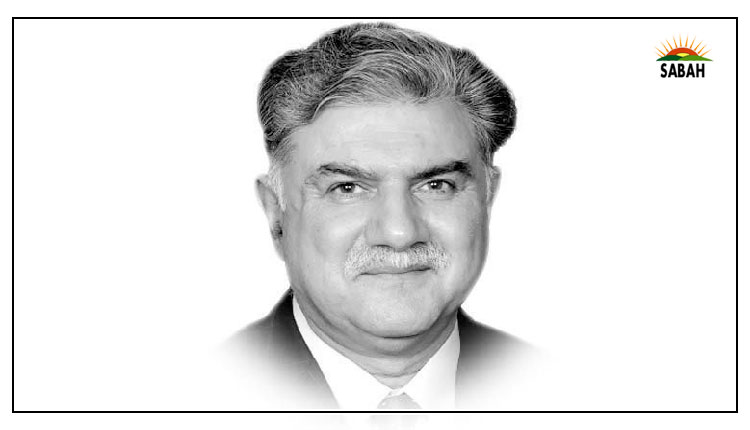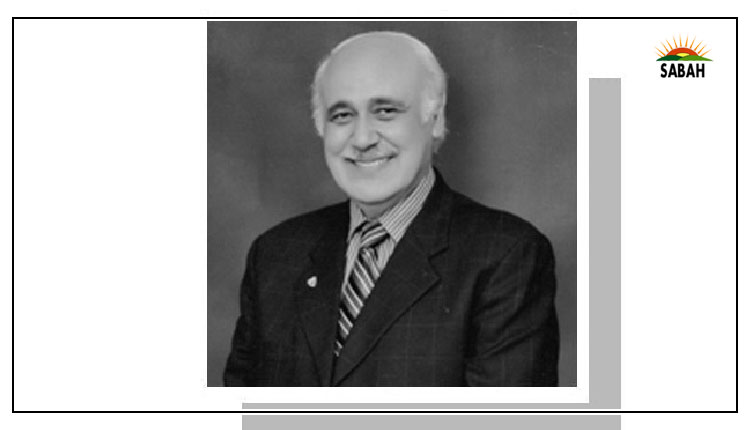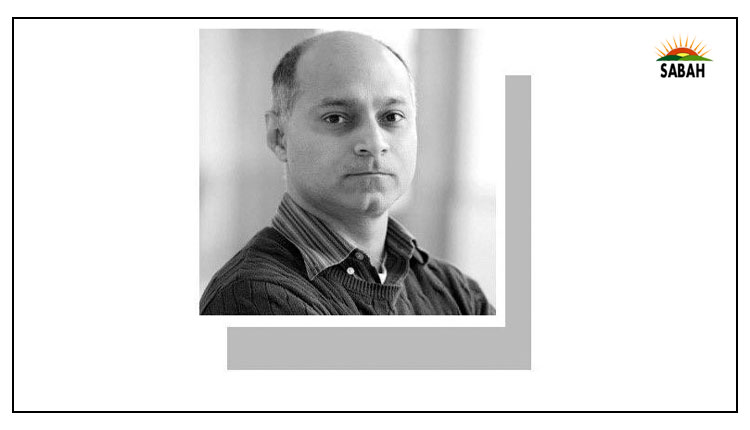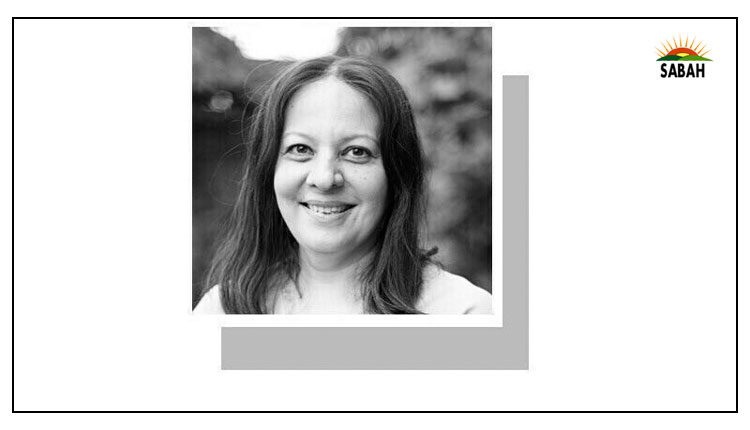Forego the FOGO …. Muna Khan
I WAS looking for Botox in all the wrong places. In my quest to find a doctor who uses the neurotoxin for pain management, I came across a lot of young women at dermatologist offices across Karachi getting all kinds of anti-ageing treatments. I wouldn’t have really thought much of it but a comment by a dermatologist about how many young women he treats for “fillers gone wrong” made me take note. And learn that I needed to see a neurologist for the Botox I wanted.
Then I came across the term FOGO (fear of getting older) by fashion writer Alyson Walsh commenting on the lengths people are taking to prevent ageing. This is not new but it’s frightening to hear that the age of women using injectables as a preventative is getting younger as I noted in various clinics.
Money and privilege can buy you anything including slowing the ageing process as tech entrepreneur Bryan Johnson is attempting. The founder of this new health protocol wakes up at 4.30am, has his last meal by 11am, and sleeps at 8.30pm, alone. He also takes 100 pills a day, uses LED light on his body and sits on a high-intensity electromagnetic device to strengthen his pelvic floor, according to his interview to the Guardian. He practises a highly regimented lifestyle in a quest to be 18 again.
We have conquered so many previously held taboos about marriage, gender roles, sexuality and mental health but we’re unable to move past our fear of ageing. The global beauty industry has long profited from our fears but McKinsey estimates it will record over $580 billion of retail sales by 2027, growing at six per cent a year.
Do we care more about looking younger than looking happier?
It’s no surprise I blame social media for this. Peer pressure made us want to keep up with the Joneses, but now it’s the Kardashians, whose pre-teen children share their skincare routines on TikTok. While I do not think about laugh lines as much as my teenage godchildren, my generation must have done something to frighten these kids about getting older. Did we spend too much time filtering ourselves for Instagram, sending the message that we could not embrace our imperfections? Do we care more about looking younger than looking happier?
I logged on to view the anti-ageing hashtags out of Pakistan and scrolled through innumerable videos of men and women — with great skin, in various languages with various totkas and products — advising how to fight ageing like it’s a disease.
The target audience for this can be as young as eight years old according to the British Association for Dermatologists. They are influenced by their favourite celebrity on TikTok, and cute packaging, in ‘get ready with me’ videos. However, the association warned that these harsh products are not suited for young skin.
It’s worrying that children believe they need products they really don’t need. The beauty industry has long been suckering consumers by selling them creams and injectables under the guise of prevention, implying that ageing was a terrible fate you could fend off by starting Botox in your 20s. But it’s now targeting very young girls who worry about wrinkles when they should not be worrying at all.
I’m worried that parents may think their daughters’ skincare routine is a phase they’ll outgrow. It should be seen for what it is: capitalism and Big Tech’s sinister design to lure consumers in early, create insecurities about their faces, get them to seek perfectionism and throw in Big Beauty dressed as sheep.
All this youthful-centric focus is a reminder of how little value we place on our elders. It is a far cry from when their wisdom was revered or our family life centred around them. I don’t think we value them the way we used to; we spend more time with our devices than them.
Ageism sanctions ridicule of the elderly. A host of women in entertainment, including in our industries, are told to act their age once they hit their 40s. This dismissal of sorts extends to elderly healthcare where we may be too quick to give up on the sick. I was horrified to hear a TV reporter pre-pandemic tell me stories about children abandoning their elderly parents at Edhi homes.
Is it any wonder then that people have FOGO, especially if you equate the ‘O’ with ‘it’s all Over’; your worth is attached only to youth. This is having a devastating impact at the workplace where experience is undervalued. I see this in the newsroom where older journalists unfamiliar with technological advancements are disregarded when they are the ones keeping this industry alive.
These fears must be tamed, as Walsh wrote. And it starts with realistic beauty standards as well as realistic images of ageing and seeing people leading fulfilled, happy lives, whatever their age.
The writer is an instructor of journalism.
X: @LedeingLady
Courtesy Dawn, May 19th, 2024












